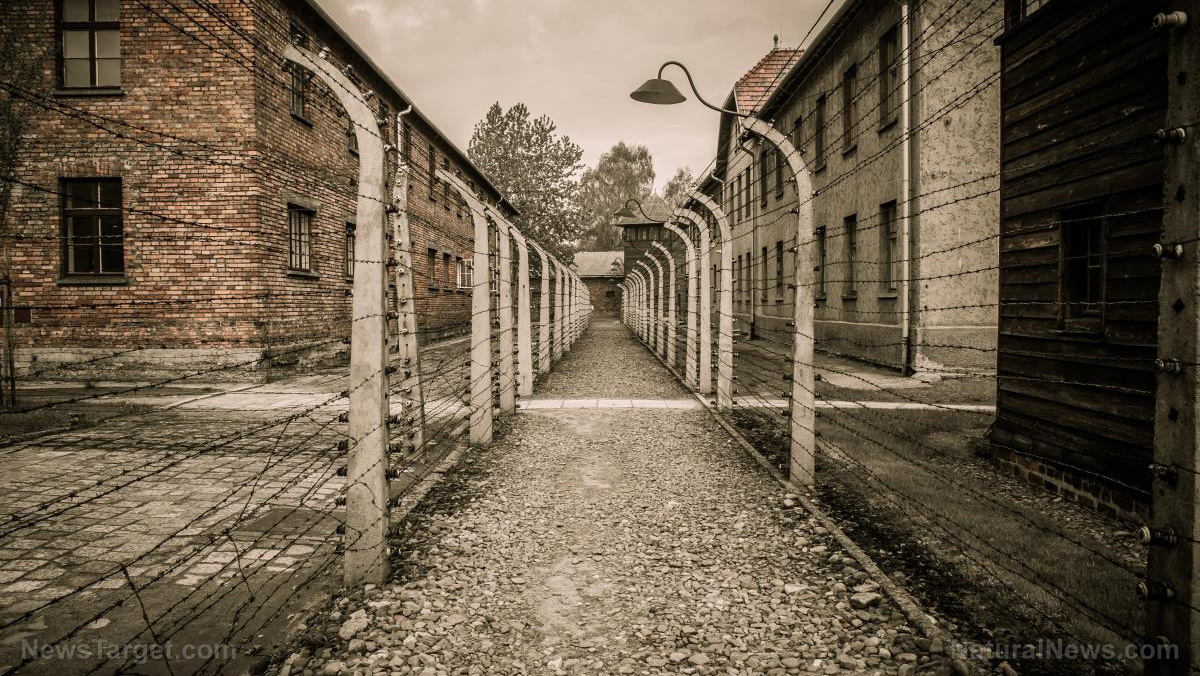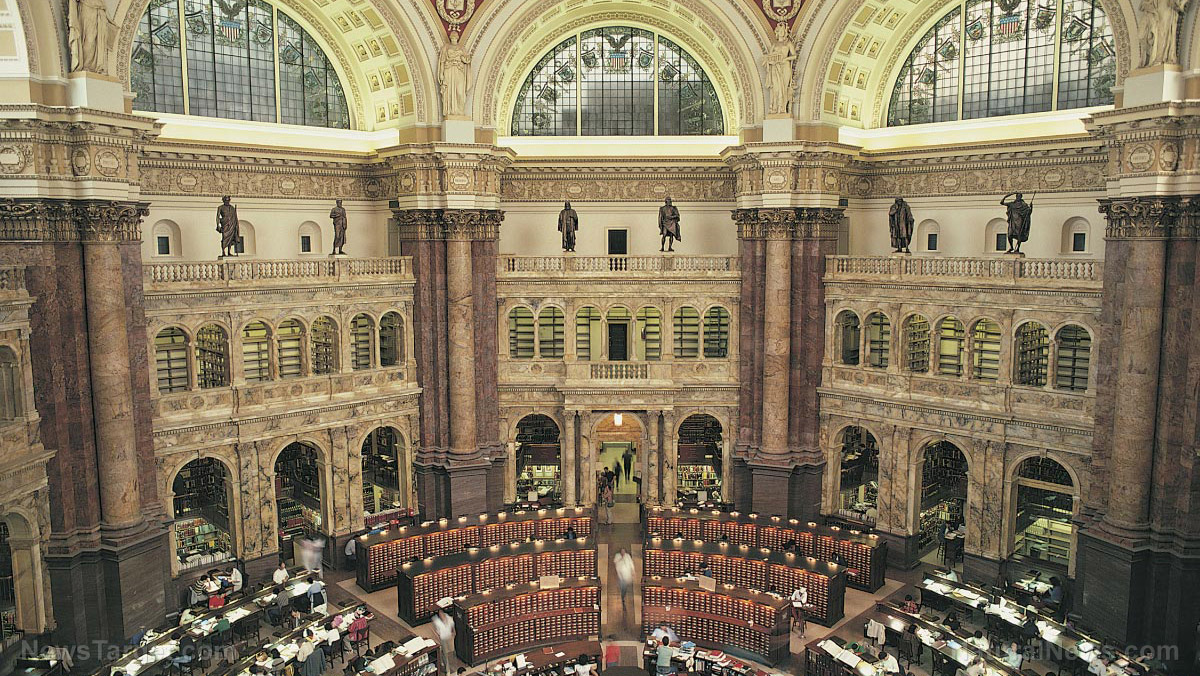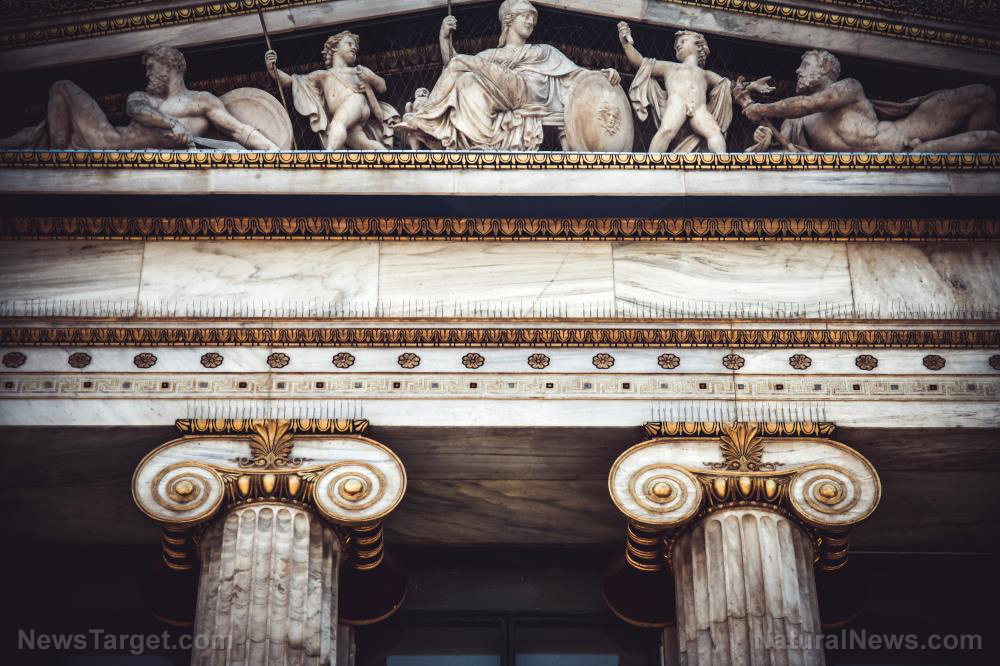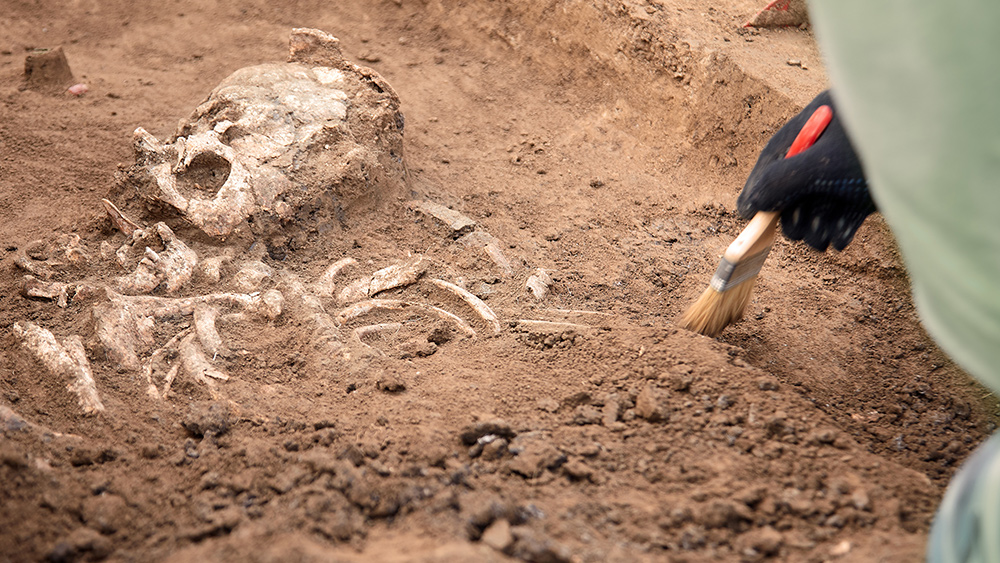When the Crusaders sacked Constantinople, they also destroyed one of the medieval world’s last tangible links to ancient Greece and Rome
01/23/2025 / By Arsenio Toledo
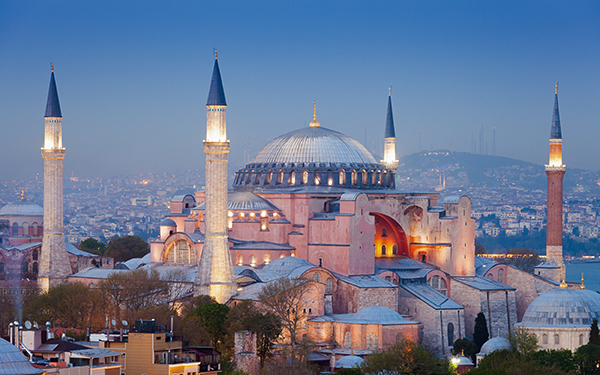
- The Imperial Library of Constantinople, founded in 357 A.D. by Emperor Constantius II, was a monumental repository of over 120,000 ancient texts, preserving Greek and Latin classics, religious scriptures and philosophical works.
- In 1204, during the Fourth Crusade, the library was destroyed by invading crusaders, resulting in the near-total loss of its irreplaceable collections and marking one of history’s greatest intellectual tragedies.
- The library served as a critical bridge between the ancient and medieval worlds, safeguarding works by Homer, Sophocles and other classical luminaries.
- The library’s complete devastation in 1204 and the subsequent Ottoman conquest of Constantinople in 1453 ensured the Imperial Library’s collections were never fully recovered.
- The loss of the Imperial Library underscores the fragility of human knowledge, depriving future generations of invaluable insights into ancient philosophy, science and literature, while serving as a reminder of the need to protect cultural heritage.
In 1204, during the Fourth Crusade, the Imperial Library of Constantinople – the early medieval world’s greatest repository of knowledge with over 120,000 ancient texts including manuscripts, scrolls and codices – was set ablaze by invading European crusaders. This catastrophic event marked the near-total destruction of one of the last great libraries of the ancient world, erasing centuries of accumulated knowledge and irreplaceable texts
The library, founded in the fourth century by Emperor Constantius II, had preserved Greek and Latin classics, religious scriptures and philosophical works for nearly a millennium. Its loss represents one of history’s most devastating intellectual tragedies, leaving scholars to wonder what wisdom might have been lost forever.
The Imperial Library of Constantinople was established around 357 A.D. as Constantius II sought to safeguard the deteriorating papyrus texts of antiquity by transcribing them onto more durable parchment or vellum. The project was led by Themistios, a prominent scholar and orator, who oversaw a team of scribes tasked with copying and preserving works from the classical world.
The library’s holdings included texts that may have survived the destruction of the Library of Alexandria, though the exact contents remain a mystery. By the fifth century, the Imperial Library gained renown for housing as many as 120,000 volumes, making it the largest collection of written knowledge in the medieval world.
Imperial Library of Constantinople served as the Middle Ages’ connection to the classical world
The library’s significance extended beyond its size. It served as a bridge between the ancient and medieval worlds, preserving works by Homer, Sophocles and other Greek luminaries, as well as Latin texts favored by Roman emperors.
Themistios and his successors prioritized older, classical works over contemporary writings, ensuring that the intellectual heritage of antiquity endured. However, the library’s survival was precarious.
Fires, wars and political upheavals repeatedly threatened its collections. A fire in 475 reportedly caused significant damage, though efforts to salvage and recopy texts continued. But what completely devastated the library was the Fourth Crusade.
In 1204, crusaders who were supposed to be on their way to the Holy Land instead sacked Constantinople, looting and burning much of the city. The Imperial Library was among the casualties, with its collections likely reduced to ashes.
Historians describe the sack as one of the most profitable and disgraceful in history, with crusaders allegedly selling rare manuscripts to Italian buyers. The loss was incalculable, as the library contained works that may have been the last surviving copies of ancient texts.
Despite attempts to rebuild the library after the Byzantine recapture of Constantinople in 1261, its former glory was never fully restored. The final blow came in 1453, when the Ottoman Empire conquered Constantinople, bringing an end to the Byzantine Empire and likely destroying any remaining volumes.
Today, only a handful of manuscripts definitively linked to the Imperial Library survive, scattered across European collections.
The destruction of the Imperial Library of Constantinople underscores the fragility of human knowledge. Its loss deprived future generations of untold insights into philosophy, science and literature, leaving gaps in our understanding of the ancient world.
As historian Nigel G. Wilson noted, “The majority of people find it impossible to give accurate estimates of large numbers,” and the true extent of what was lost may never be known.
Yet, the library’s legacy endures in the texts it preserved and the intellectual traditions it helped sustain. Its story serves as a poignant reminder of the importance of safeguarding knowledge for future generations.
One of the major problems that come with great institutions like the Imperial Library is that, if the knowledge contained within these monuments is threatened, it could result in the immediate loss of a great amount of knowledge. (Related: Futurist John Petersen: The future of knowledge lies in DECENTRALIZATION through AI and open-source innovation.)
One of the best solutions to this problem is the decentralization of knowledge. Brighteon.ai by Mike Adams, the Health Ranger, constitutes one of these decentralized archives of human knowledge. It is free and uses open-source content on the internet to benefit all of humanity.
Watch this video warning about all of the invaluable knowledge from history being lost every year.
This video is from the Pool Pharmacy channel on Brighteon.com.
More related stories:
The real purpose of Wikipedia is to SUPPRESS human knowledge, not document it.
Sources include:
Submit a correction >>
Tagged Under:
ancient Greece, ancient history, Ancient Rome, antiquity, Collapse, Constantinople, Crusaders, crusades, Hidden History, knowledge, libraries, lost knowledge, medieval history, medieval world, Ottomans, real history
This article may contain statements that reflect the opinion of the author
RECENT NEWS & ARTICLES
COPYRIGHT © 2018 REALHISTORY.NEWS
All content posted on this site is protected under Free Speech. RealHistory.news is not responsible for content written by contributing authors. The information on this site is provided for educational and entertainment purposes only. It is not intended as a substitute for professional advice of any kind. RealHistory.news assumes no responsibility for the use or misuse of this material. All trademarks, registered trademarks and service marks mentioned on this site are the property of their respective owners.


